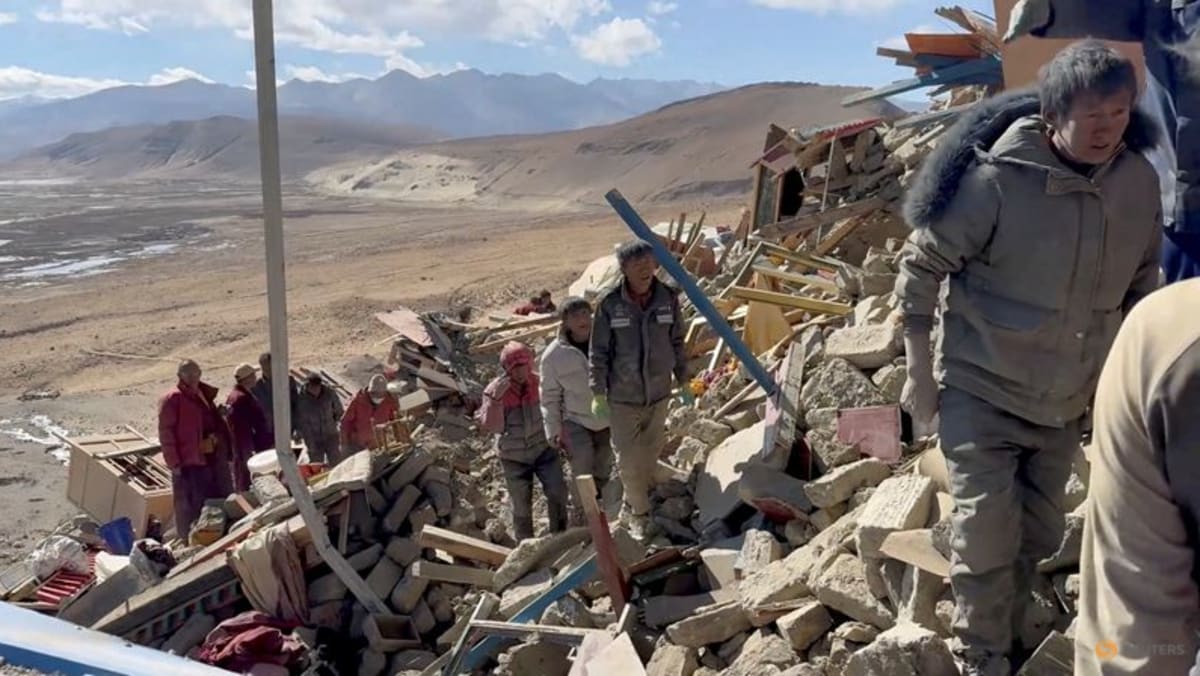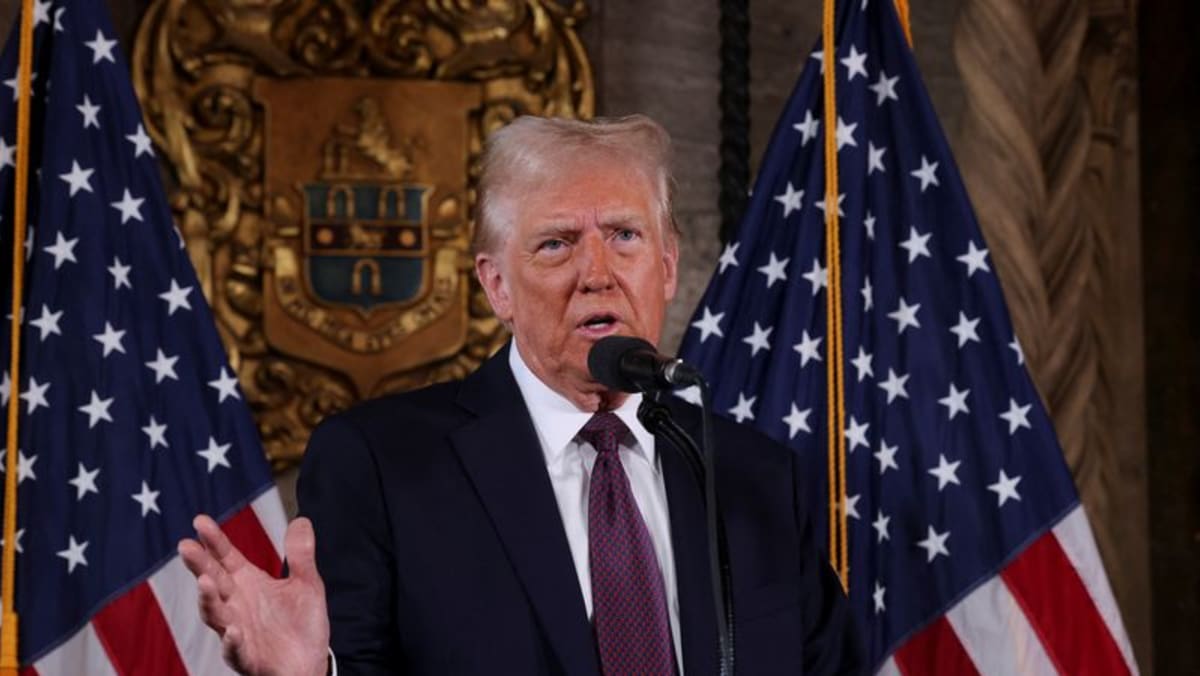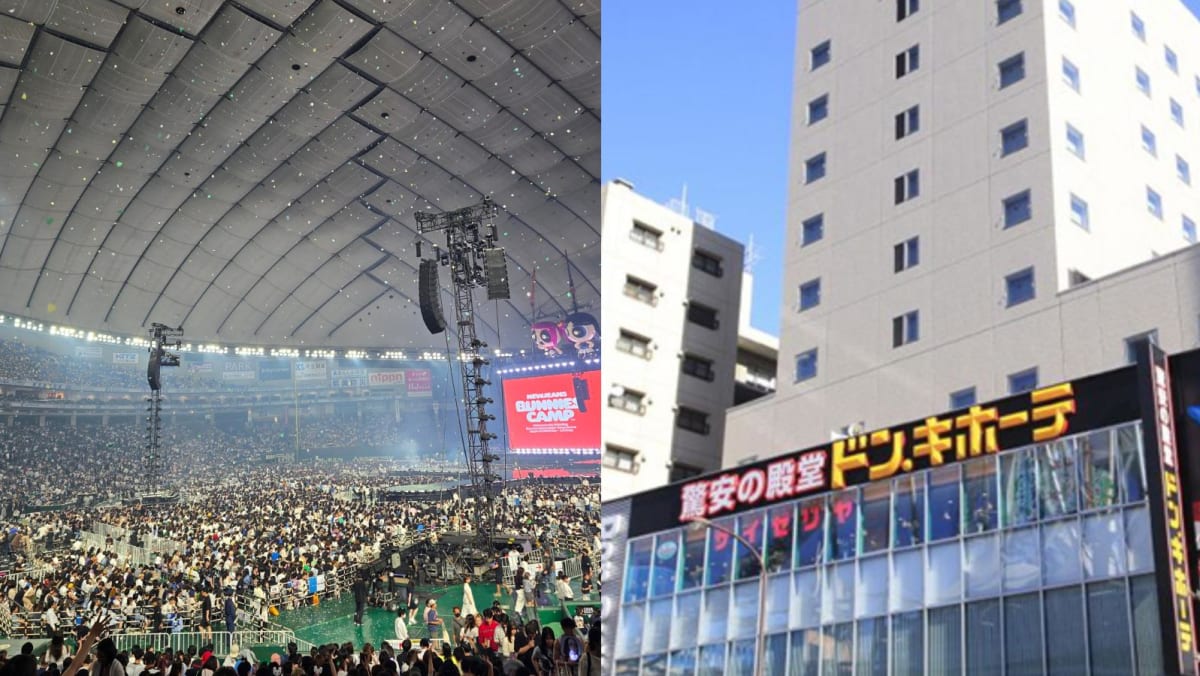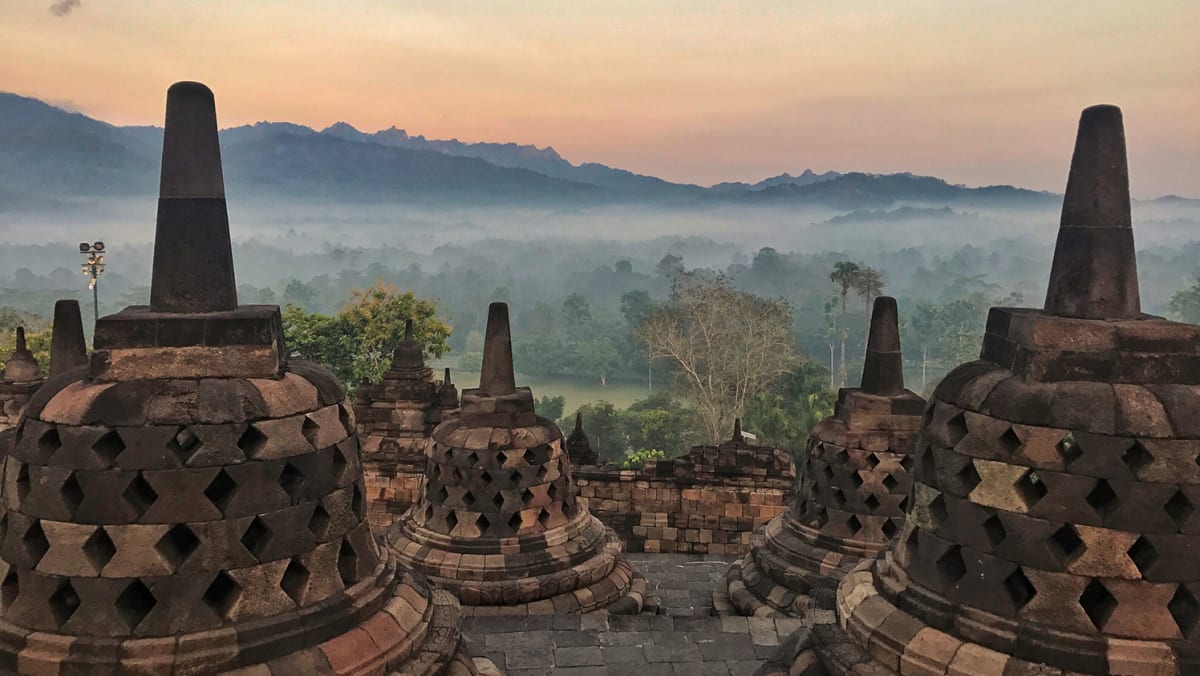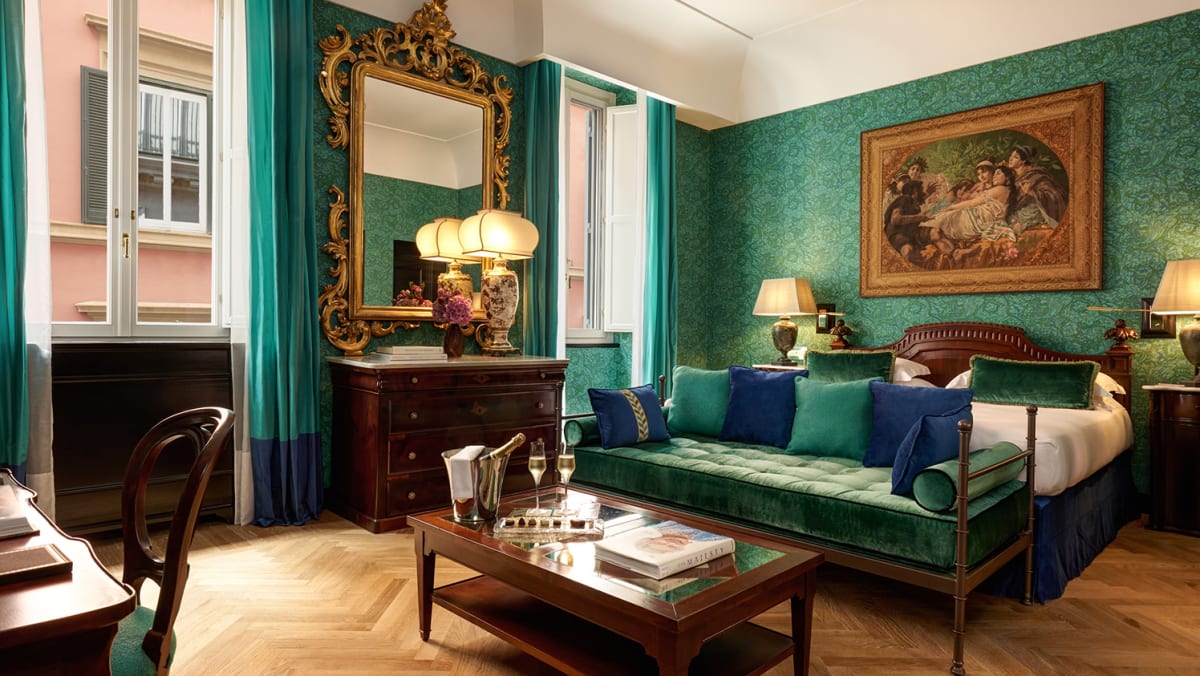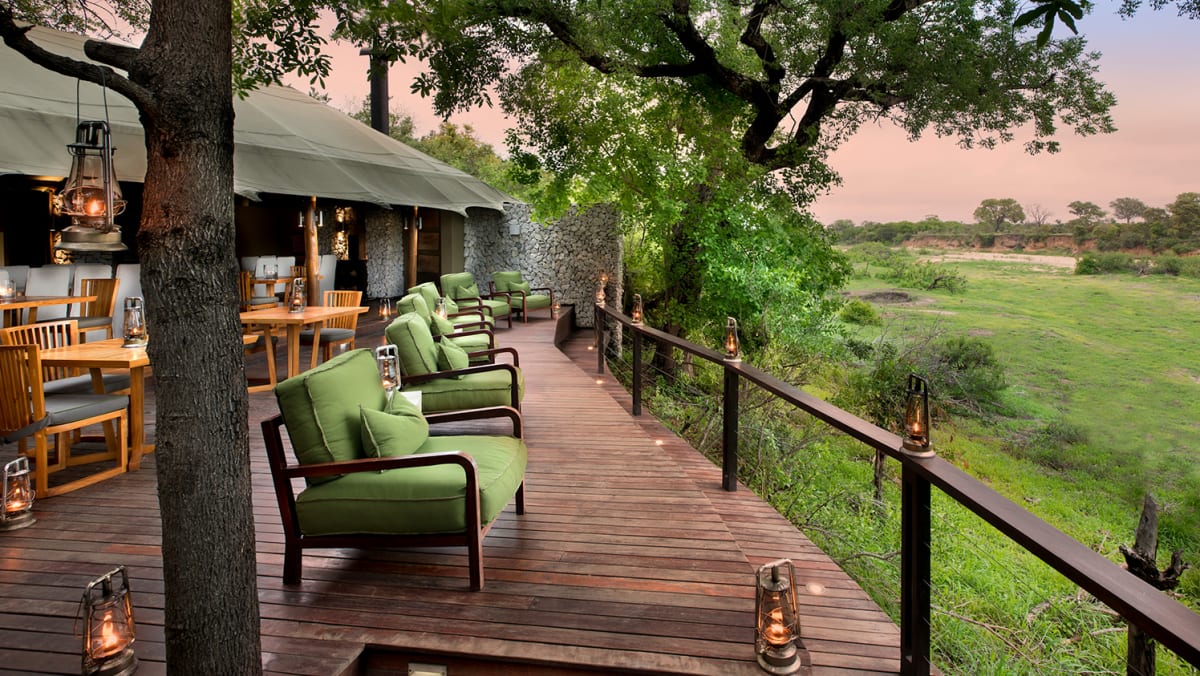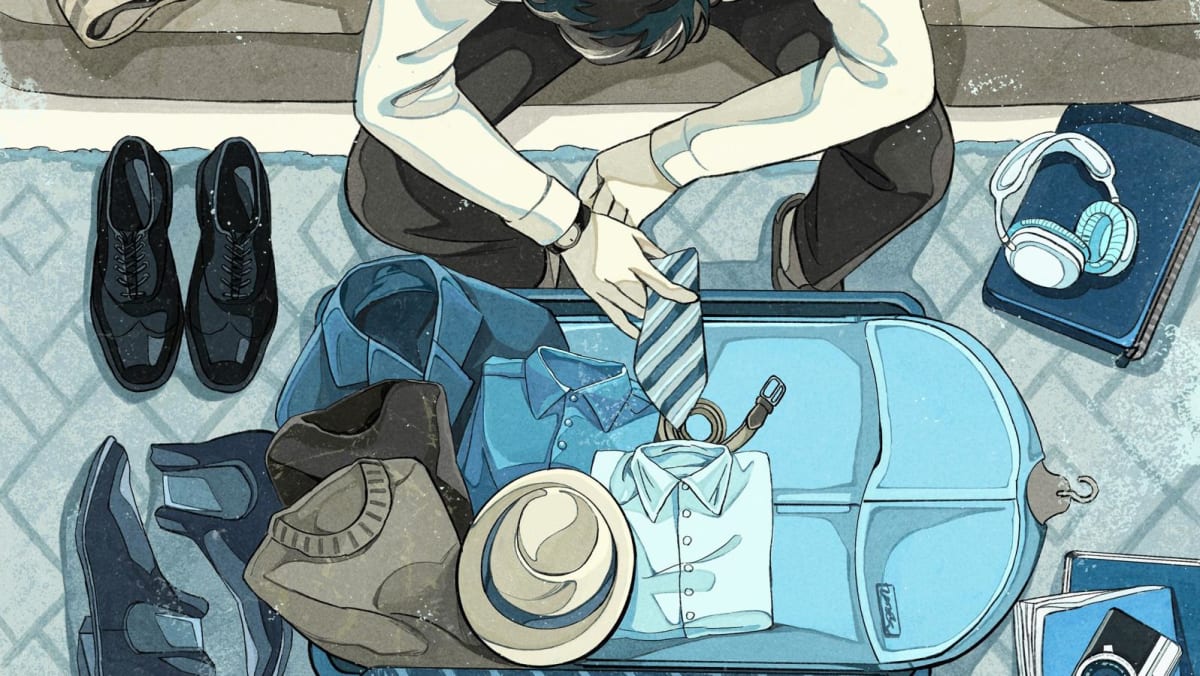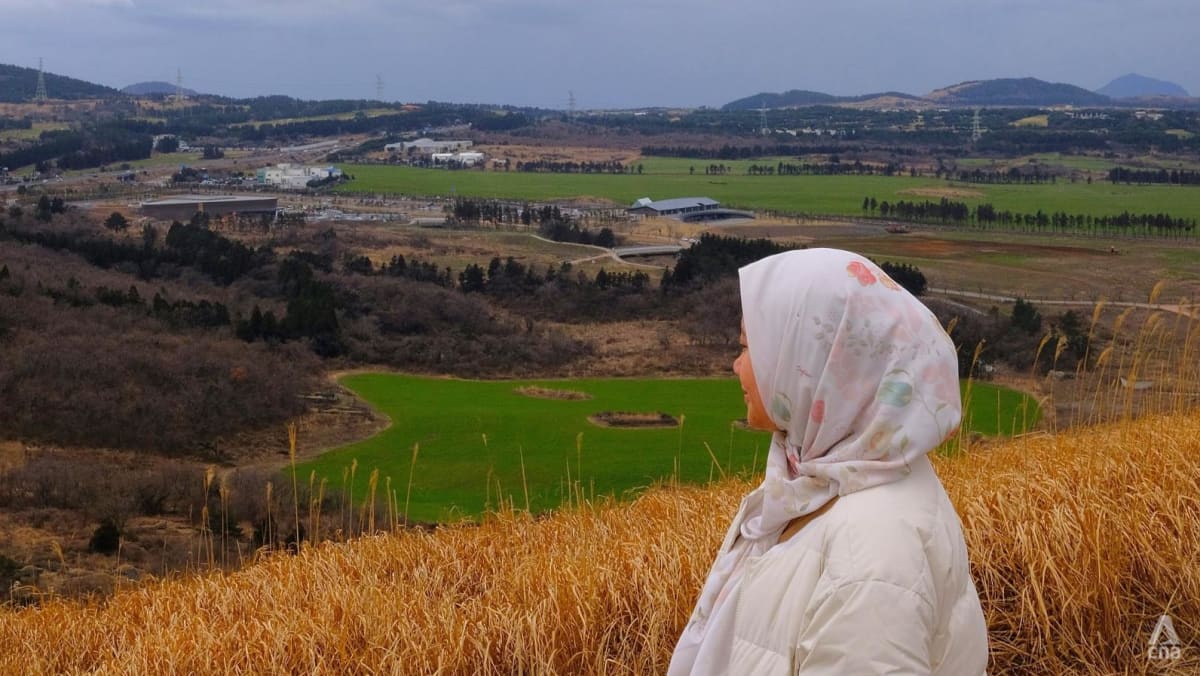The Han River encircles Seoul. In 1950, when North Korea invaded, the then-president, Syngman Rhee, fled across the one bridge over the Han and blew it up behind him, leaving city residents like my father, a student at Seoul National University at the time, trapped. My father once overcame his taboo against speaking about the war to recall his fear and confusion hearing guns and tanks in the distance. A recording of the president on the radio assured people everything was fine and to stay home, but in the streets, people were running. No one knew what to do.
Now the Yeouido park is one of the most popular attractions in Seoul, its riverside path gently lit at night, washed free of its grim history. As we strolled by an underpass of a bridge (now one of many), a car careened out of nowhere, stopping inches from plunging over the bank. The director yelled, “Cut!” An actress stepped out of the car and blithely exchanged her stilettos for comfy slippers and walked off to rest.
We had stumbled on a real-time filming of a K-drama, Perfect Marriage Revenge, a perfect start to our trip.
A ROYAL ANCESTOR
From the electric freneticism of Seoul, we travelled to much quieter Jeonju, a UNESCO Creative City for Gastronomy, 130 miles (209 km) away. The regional specialty is bibimbap, a traditional dish with deep cultural roots that you might see K-drama characters eating in their homes. Here, we had made our own: Bowls of bap (rice) topped with bright vegetables arranged according to an ancient colour wheel.
All Korean schoolchildren know Jeonju as the birthplace of the Joseon Dynasty, Korea’s longest-running dynasty (1397 to 1897) and an era most often portrayed in saguk, K-dramas with historical themes. Many of these shows feature the Gyeonggijeon Palace, a national historic site that was once a stately shrine to Joseon’s first ruler, King Taejo. Tourist shops rented us gilt-edged royal hanbok, traditional Korean dress. Our group of noblemen and women then marched on to the shrine’s grounds along with other tourists and some Korean children on a school field trip.
For me, Jeonju was a second chance. My parents had visited during my Fulbright, but a trip to Jeonju was cancelled because it fell on Chuseok, Korean Thanksgiving, when the roads become impossibly clogged with cars. One reason we wanted to visit: An ancestor of my mother’s was King Taejo.

